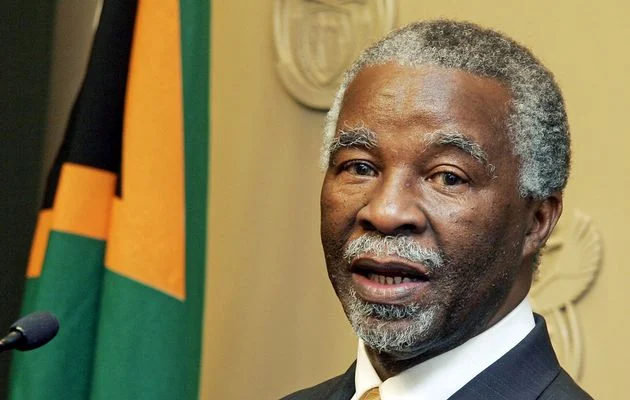As the world eagerly anticipates the Paris 2024 Olympics, organizers are making bold strides toward environmental responsibility and sustainability. In an era where the ecological footprint of major sporting events is under scrutiny, Paris aims to set a new standard by prioritizing renewable energy, reducing carbon emissions, and minimizing plastic waste. However, amidst these efforts, questions linger about the true sustainability of an event of this scale, especially considering the extensive construction and international travel involved.
Georgina Grenon, the director of environmental excellence for the organizing committee, expressed hope that Paris 2024’s initiatives would showcase an alternative model for global sports events. Grenon emphasized the goal of halving the carbon emissions compared to previous Olympics, with the initial target now adjusted to approximately 1.75 million tonnes of carbon dioxide. However, uncertainties remain, particularly regarding the carbon impact of spectators and the number of polluting plane journeys associated with the Games.
Central to Paris’ sustainability strategy is the use of existing or temporary venues for 95 percent of sports events, significantly reducing the need for new construction. New-build projects, such as the aquatics center and the athletes’ village, prioritize eco-friendly materials and practices, including low-carbon concrete and wood. Additionally, measures such as connecting sports venues to the electricity mains and installing drink fountains to reduce plastic bottle usage demonstrate a commitment to environmental stewardship.
Despite these efforts, challenges persist, particularly regarding carbon offsetting. While organizers initially aimed for a “carbon-positive” outcome, they have revised their goal to achieve carbon neutrality. Concerns over the effectiveness and transparency of offsetting projects remain, with some critics questioning their environmental benefits. However, Grenon assures that selected projects undergo rigorous evaluation and certification processes to ensure credibility.
The debate surrounding the environmental impact of the Olympics is not new. Over the years, environmental groups have raised concerns about the ecological costs of hosting such large-scale events. Some argue for a reevaluation of the concept, suggesting smaller-scale, localized Games with fewer international travelers. However, proponents of the Olympics highlight its unique ability to foster global unity and promote messages of peace.
In the end, the success of Paris 2024’s sustainability efforts will depend on a balance between costs and benefits. While the Games aim to showcase environmental excellence, they also face criticism and skepticism. Nevertheless, Grenon and her team remain committed to understanding and mitigating the event’s impact, underscoring the importance of taking proactive steps towards a more sustainable future.
In conclusion, the Paris 2024 Olympics symbolize not only athletic excellence but also a commitment to environmental responsibility. By embracing renewable energy, reducing carbon emissions, and minimizing plastic waste, the Games strive to set a precedent for future sporting events. However, the journey towards sustainability is ongoing, requiring continuous innovation and collaboration. As the world watches, Paris 2024 aims to prove that even amidst grandeur and spectacle, environmental consciousness remains paramount.










































